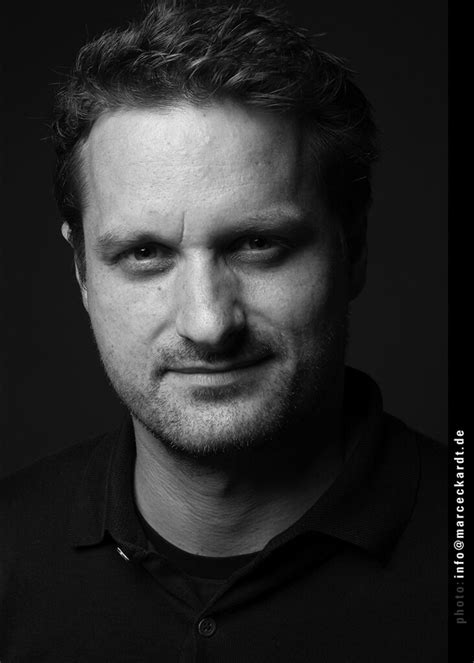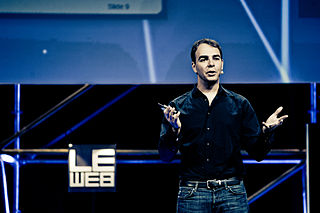A Quote by David Einhorn
Microsoft has one more shot at a role in smart phone software through its deployment on Nokia phones. Nokia is still the global market share leader in cell phones. Maybe it will work out, but this is hard to envision great success in the area coming on the heels of so much disappointment in missed opportunity in this important and visible category.
Quote Topics
Area
Category
Cell
Cell Phone
Cell Phones
Coming
Deployment
Disappointment
Envision
Global
Global Market
Great
Great Success
Hard
Heels
Important
Leader
Market
Market Share
Maybe
Microsoft
Missed
Missed Opportunity
More
Much
Nokia
Opportunity
Out
Phone
Phones
Role
Share
Shot
Smart
Software
Still
Success
Through
Visible
Will
Work
Work Out
Related Quotes
Microsoft Mobile Oy is a legal construct that was created to facilitate the merger. It is not a brand that will be seen by consumers. The Nokia brand is available to Microsoft to use for its mobile phones products for a period of time, but Nokia as a brand will not be used for long going forward for smartphones. Work is underway to select the go forward smartphone brand.
The cell phone has transformed public places into giant phone-a-thons in which callers exist within narcissistic cocoons of private conversations. Like faxes, computer modems and other modern gadgets that have clogged out lives with phony urgency, cell phones represent the 20th Century's escalation of imaginary need. We didn't need cell phones until we had them. Clearly, cell phones cause not only a breakdown of courtesy, but the atrophy of basic skills.
We'll get a chance to go through this [Apple versus Microsoft debate] again in phones and music players. There's no chance that the iPhone is going to get any significant market share. No chance. It's a $500 subsidized item. They may make a lot of money. But if you actually take a look at the 1.3 billion phones that get sold, I'd prefer to have our software in 60% or 70% or 80% of them, than I would to have 2% or 3%, which is what Apple might get.
The dynamic is unmistakable: fixed lines for phones have been declining at a three-percent rate for the last several years, while the number of Americans opting for cell phone calling keeps increasing. If you are a fixed line provider this trend means trouble. Many of the fixed mobile convergence strategies under consideration end up utilizing a smart phone or dual-mode VoWLAN/Cellular phone that works like a landline phone in the local area and then converts to cell phone calling.
One metaphor for how we are living is that you see so may people with cell phones. In restaurants, walking, they have cell phones clamped to their to heads. When they are on their cell phones they are not where their bodies are...they are somewhere else in hyperspace. They are not grounded. We have become disembodied. By being always somewhere else we are nowhere.

































